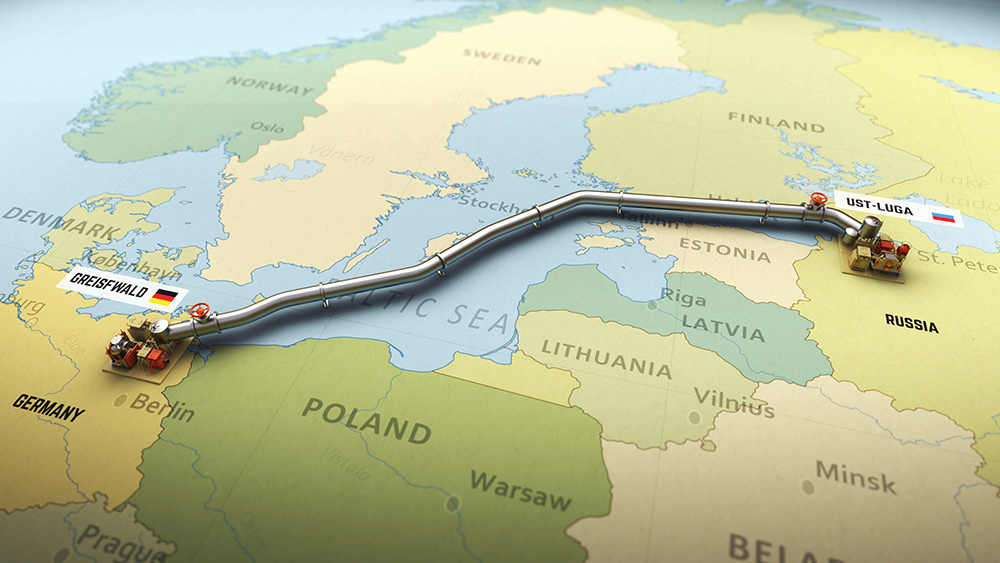
"More and more people are concerned that cash could be restricted as a means of payment in Austria," Chancellor Karl Nehammer said in an Aug. 4 statement, adding that contradictory information and reports fuel this uncertainty.
"People in Austria have a right to cash. Everyone should have the opportunity to decide freely how and with what [they want] to pay. That can be by card; by transfer; perhaps in the future also with the digital euro; but also with cash. This freedom to choose must and will remain."
According to the chancellor's office, the proposal involves a "constitutional protection of cash as a means of payment" that ensures people can still pay for goods and services with hard currency. It also involves securing a "basic supply" of cash, to be done in cooperation with OeNB, the country's central bank.
Nehammer said he has instructed Finance Minister Magnus Brunner to work on the proposal. A round table with the concerned ministries, finance industry representatives and OeNB officials is also scheduled for September.
Cash remains more popular in the country of about 9.1 million than in many other places, with Vienna saying that €47 billion ($51 billion) are withdrawn from ATMs in Austria every year. While card and electronic payments have become increasingly dominant in many European nations, Austria and neighboring Germany remain relatively attached to hard currency. (Related: Austrians reject digital currencies, demand "right to cash payments.")
Nehammer's intent to protect right to cash questioned
While many lauded Nehammer's support for cash, some questioned his sudden support for hard currency. Austria's next election is due in 2024, and Nehammer's Austrian People's Party (OVP) is among those vying for a majority in the country's National Council – the Austrian counterpart to the U.S. House of Representatives.
However, the Freedom Party of Austria (FPO) has been fighting to protect hard currency against supposed threats. It has led polls in Austria in recent months. Despite this, Nehammer said the FPO stands for "beating the drum a lot without actually doing anything for this."
The party did not take too kindly to the remarks of the chancellor and OVP leader. FPO Chair Herbert Kick blasted Nehammer for stealing his party's ideas. He argued that the chancellor's "suddenly discovered love of cash" mainly served "to secure his political survival."
Even the center-left Social Democratic Party of Austria (SPO), the biggest opposition party in the current parliament, decried Nehammer's remarks and accused the chancellor of "pure populism."
"Even if we write the word 'cash' into the constitution 100 times, there won't be a single ATM more in Austria," said Philip Kucher, the head of SPO's parliamentary group. Given this, the party has called for at least one ATM in every municipality.
At home, Florida Gov. Ron DeSantis has also stood for the right to cash. His pushback was in a different manner, however, as he signed a bill banning central bank digital currencies (CBDCs) issued by the federal government for use in the Sunshine State into law.
"The Biden administration's efforts to inject a CBDC is about surveillance and control," the governor said in a press release when the bill was first introduced. A federally-controlled CBDC would allow government officials to see all consumer activity and even cut off consumers' access to certain goods and services.
"I think with CBDC, this is a wolf coming as a wolf," DeSantis stressed during a press conference before signing the bill. "This is something that will be a massive transfer of power from individual consumers to a central authority, and that's just fundamentally antithetical to a free society."
Visit CurrencyReset.news for more stories about CBDCs and the right to cash.
Watch Tucker Carlson and former Hawaii Rep. Tulsi Gabbard discussing the criminalization of cash payments being pushed by European Central Bank President Christine Lagarde.
This video is from the Lastchance channel on Brighteon.com.
More related stories:
Ron DeSantis to introduce legislation in Florida prohibiting the use of CBDCs in the state.
British activist threatened with arrest for using CASH in cashless Aldi grocery.
Poll: Americans don't want a central bank digital currency.
Sources include:
Please contact us for more information.






















